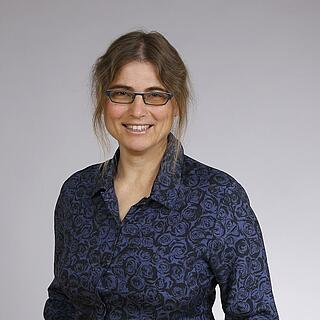Identification of elements for a future 'Strategy for the EU Ecolabel'
More information about the project
Status of project
End of project: 2020
Project manager
Project staff
Funded by
European Commission, DG Environment
Project partners
Sant'Anna School of Advanced Studies - Pisa

